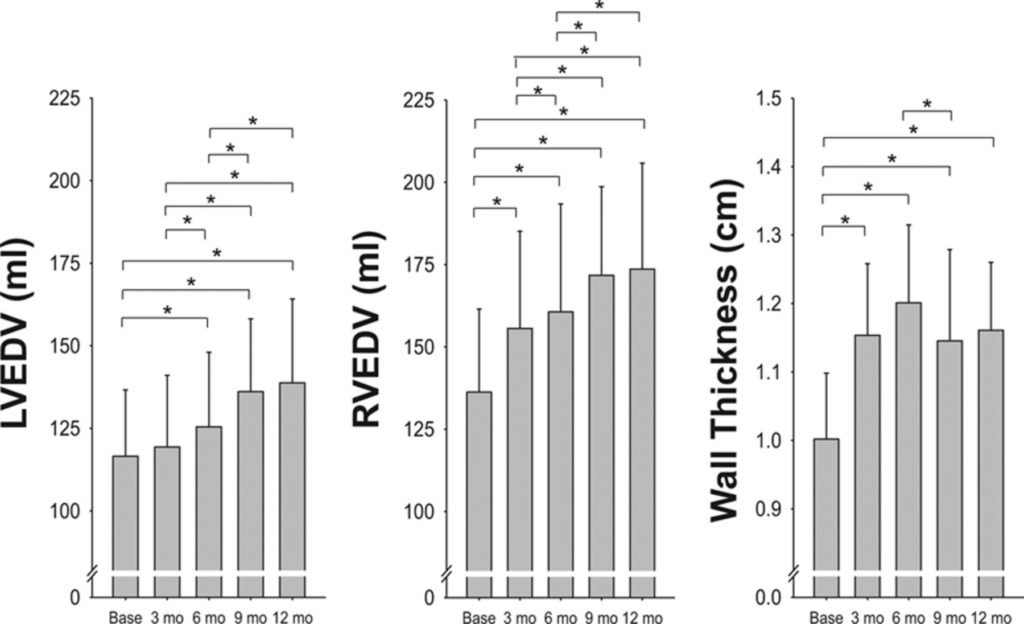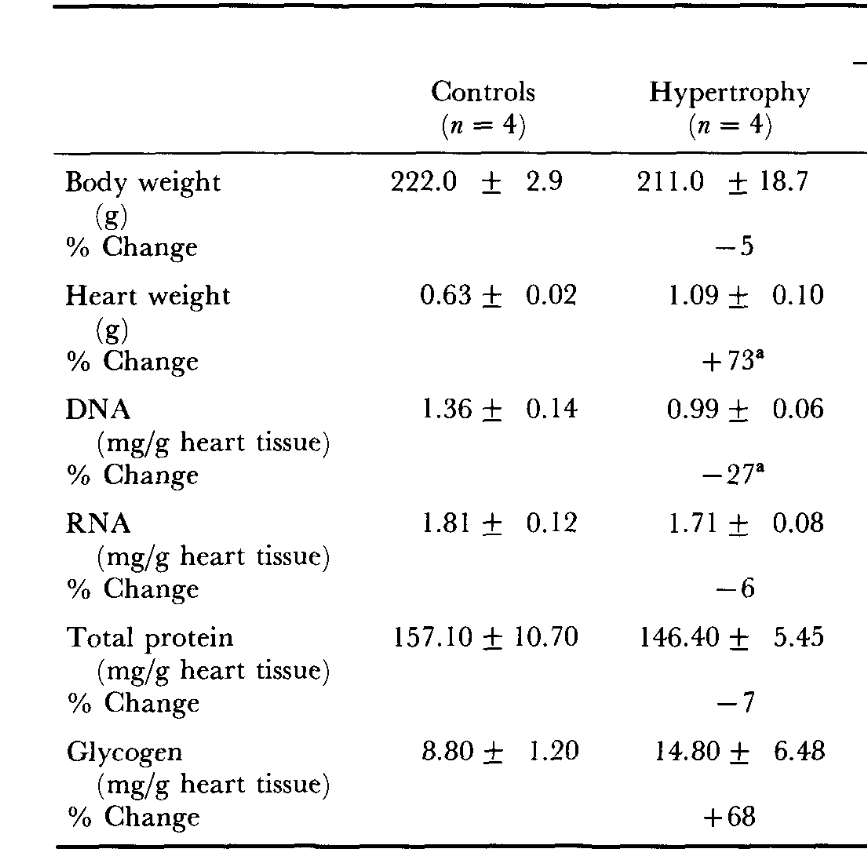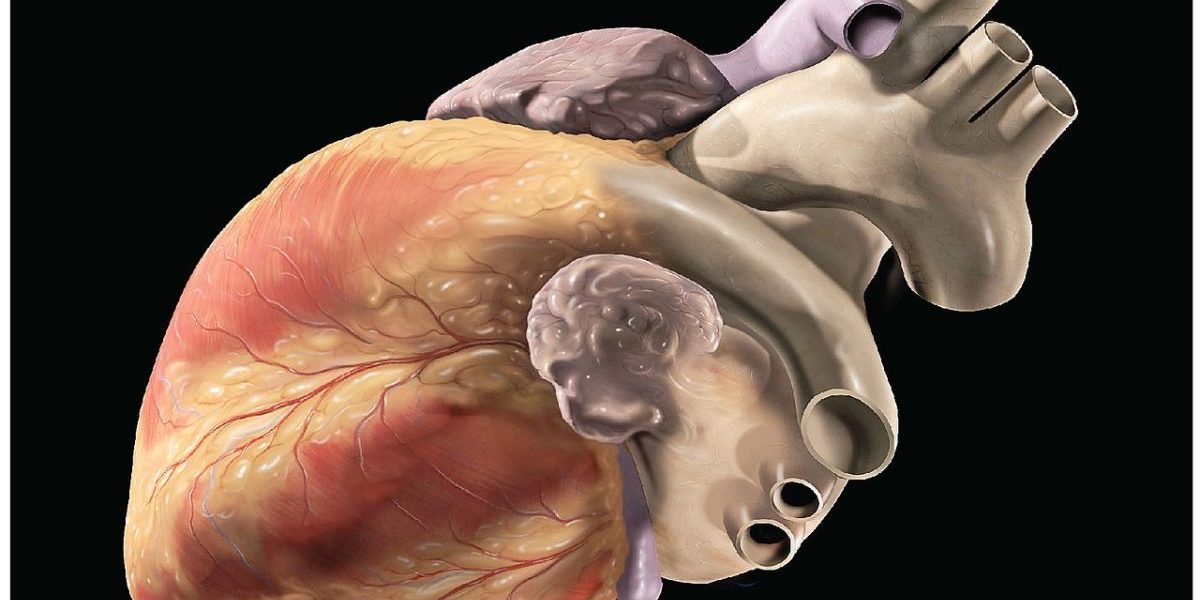Have you ever wondered what happens to your heart when you begin to consistently exercise? How does the heart change and why? Well, the answer may not be very complicated.
During intense exercise, our heart is put under stress as it has to rapidly pump blood throughout the body. The heart often responds to this by increasing its size, but it does not do this like our other muscles. The heart has to add mass to its existing cells instead of adding new cells as we only have a limited amount of cardiac muscles; the amount we are born with is all we have. The health of our hearts is important. In the US, heart disease and injury are the number 1 cause of death. So, it is in our best interests to learn more about our health so as to minimize our risks of heart-related ailments.
Results of Marathon training
Studies have been performed to analyze the changes in the heart of people as they were training to run a marathon. The main study that I looked at tracked the heart taking measurements every three months. As a result of marathon training the test subjects’ hearts had increased wall thickness, left ventricle end-diastolic volume, and right ventricle end-diastolic volume. The end-diastolic volume is the amount of blood in the heart while it is full. This is all just to say the heart could pump more blood per heartbeat than before.

The Result of Constant Swimming… on mice
I could not find a study on how the human heart adapts to constant months of swimming. However, I found a study that does it for mice. Each day, mice were forced to swim 5 hours a day for 6 days a week for 9 weeks. At the end of the experiment, the heart of the mouse that endured swimming was 73% larger than the control group.

Which Exercise is better for the Heart?
While both exercises can promote heart health. For a person who wants to get serious about their heart, running is better for the heart. A study, by Currie, Katharine D et al. in 2018, was done comparing the heart of Olympic-level runners and swimmers. While the sizes of the hearts of the athletes were almost identical. The runners had a lower resting heart rate as a result of larger pumping volume. This may have to do with the fact while someone is swimming their body is horizontal so the heart does not have to pump blood up against gravity. More studies should be done to see the direct impact of swimming on the heart. In the end, both exercises are beneficial to our heart’s health.
Featured image cropped from Human Heart Photo on Wikimedia Commons under the license CC BY 4.0.
